April 17, 2025 | 05:30 GMT +7
April 17, 2025 | 05:30 GMT +7
Hotline: 0913.378.918
April 17, 2025 | 05:30 GMT +7
Hotline: 0913.378.918
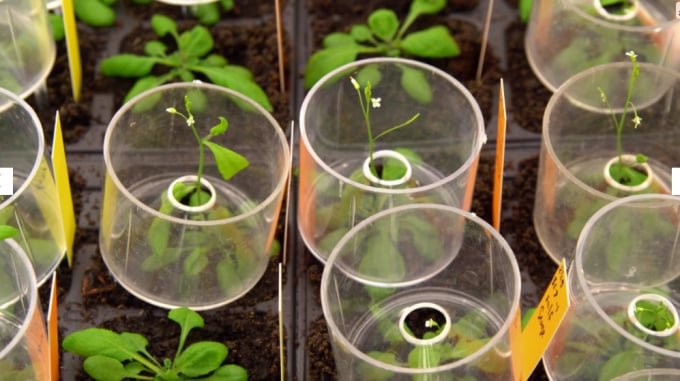
The scientists performed the majority of their experiments on thale cress plants (Arabidopsis thaliana). Photo: Deposit
Although genetically modified crops have some big advantages over their regular counterparts, initially creating the modified plants can be quite challenging.
Scientists have now developed a simpler approach, in which normal plants are altered with a spray that's applied to crops.
Agricultural plants are typically genetically modified in order to boost their yield, require less water, or be more resistant to pests and diseases. Successfully implementing such modifications does take a considerable amount of time and money, however, plus many people are leery of consuming the harvested plants (or foods made with them).
Led by researcher Masaki Odahara, a team at Japan's RIKEN Center for Sustainable Resource Science set out to develop an easier alternative that would deliver the same results.
More specifically, the scientists wanted to create bioactive molecules that could be sprayed onto crops, where they would enter the plants' cells and either suppress or trigger the activity of specific genes.
One of the first candidates the scientists looked to were chains of amino acids known as cell-penetrating peptides (CPPs). Previous studies had shown that such peptides are capable of delivering molecules into structures within plant cells, such as the chloroplasts which perform photosynthesis.
In order to see which peptides would work best, the researchers tagged multiple natural and synthetic CPPs with yellow fluorescence signals, then sprayed those CPPs onto the leaves of thale cress, soybeans and tomatoes. When a confocal laser-scanning microscope was subsequently used to image the leaves, it was found that several of the peptides had been particularly successful at infiltrating their cells, causing them to fluoresce yellow.
Additional experiments showed that pieces of DNA called plasmids – which are frequently used to transfer foreign genes into organisms such as plants – could be carried into the plants' leaves after being attached to sprayed-on CPPs. Other attached biomolecules caused the leaves to temporarily develop more pores, allowing a greater quantity of the spray to be taken in.
Finally, the scientists turned their attention to a plant that had been genetically modified (in the traditional fashion) to over-express yellow fluorescence in its leaves. By attaching RNA that interferes with that activity to a CPP, and then spraying that CPP onto the plant's leaves, the researchers were successfully able to silence the yellow fluorescence.
"Bioactive molecules delivered via spray could effectively improve economically desirable quality traits in crops," said Odahara. "Our next step is to improve the efficiency of the delivery system. Ultimately, we hope this system can be used to safely protect crops from parasites or other harmful factors."
A paper on the study was recently published in the journal ACS Nano.
(Newatlas)
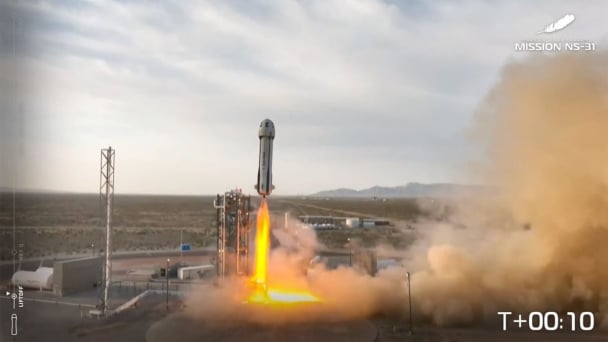
(VAN) 169 lotus seeds selected by the Vietnam Academy of Agricultural Sciences were carried into space by Vietnamese-American astronaut Amanda Nguyen.
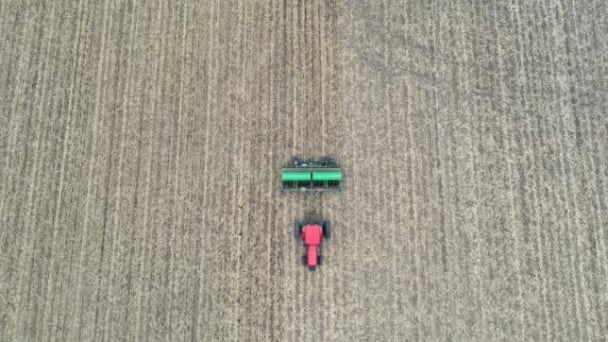
(VAN) Tariffs are making life more expensive for John Pihl. He's been farming in Northern Illinois for more than 50 years.

(VAN) European and American farmer organisations are concerned about the import tariffs that the United States introduced on 9 April for products from the European Union. This makes them 20% more expensive.

(VAN) Global poultry trade is expected to remain strong amid relatively tight global protein supply and growing consumption, RaboResearch concludes in its latest animal protein report.
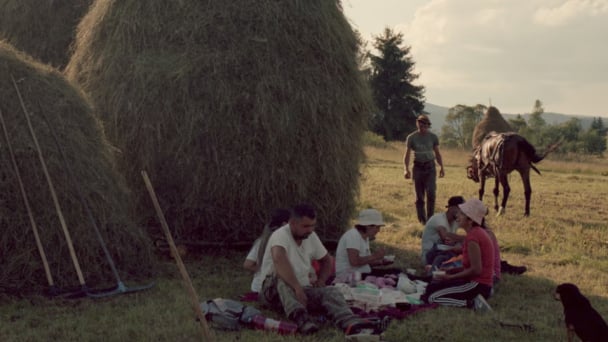
(VAN) Traditional methods benefit hundreds of species but as new agricultural techniques take over, the distinctive haystacks mark a vanishing way of life.

(VAN) The nation’s top banks are quietly advising their clients on how to build a financial life raft - or perhaps life yacht - from the wreckage of runaway climate change.
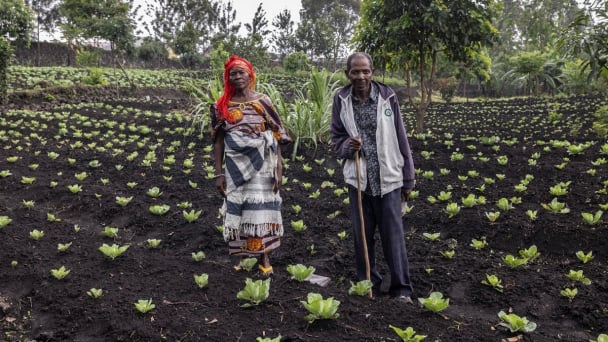
(VAN) From FAO Office in the Democratic Republic of the Congo.